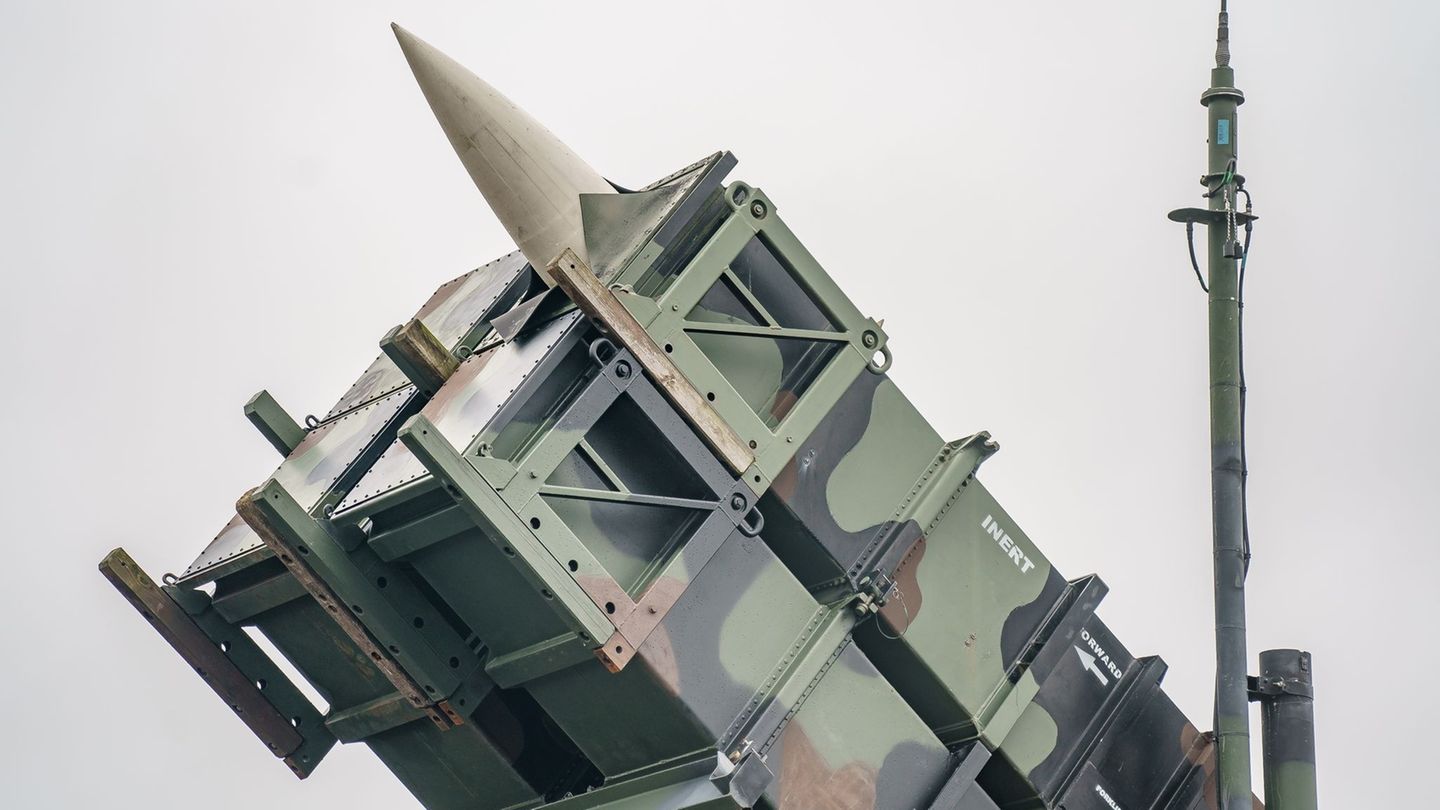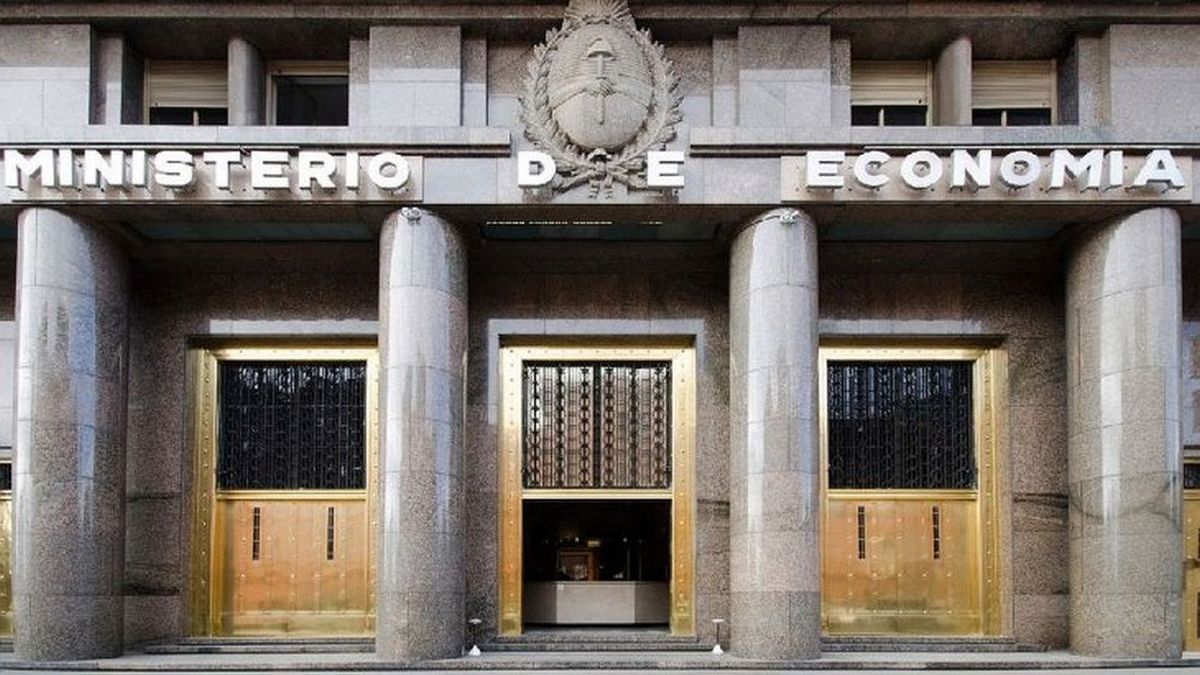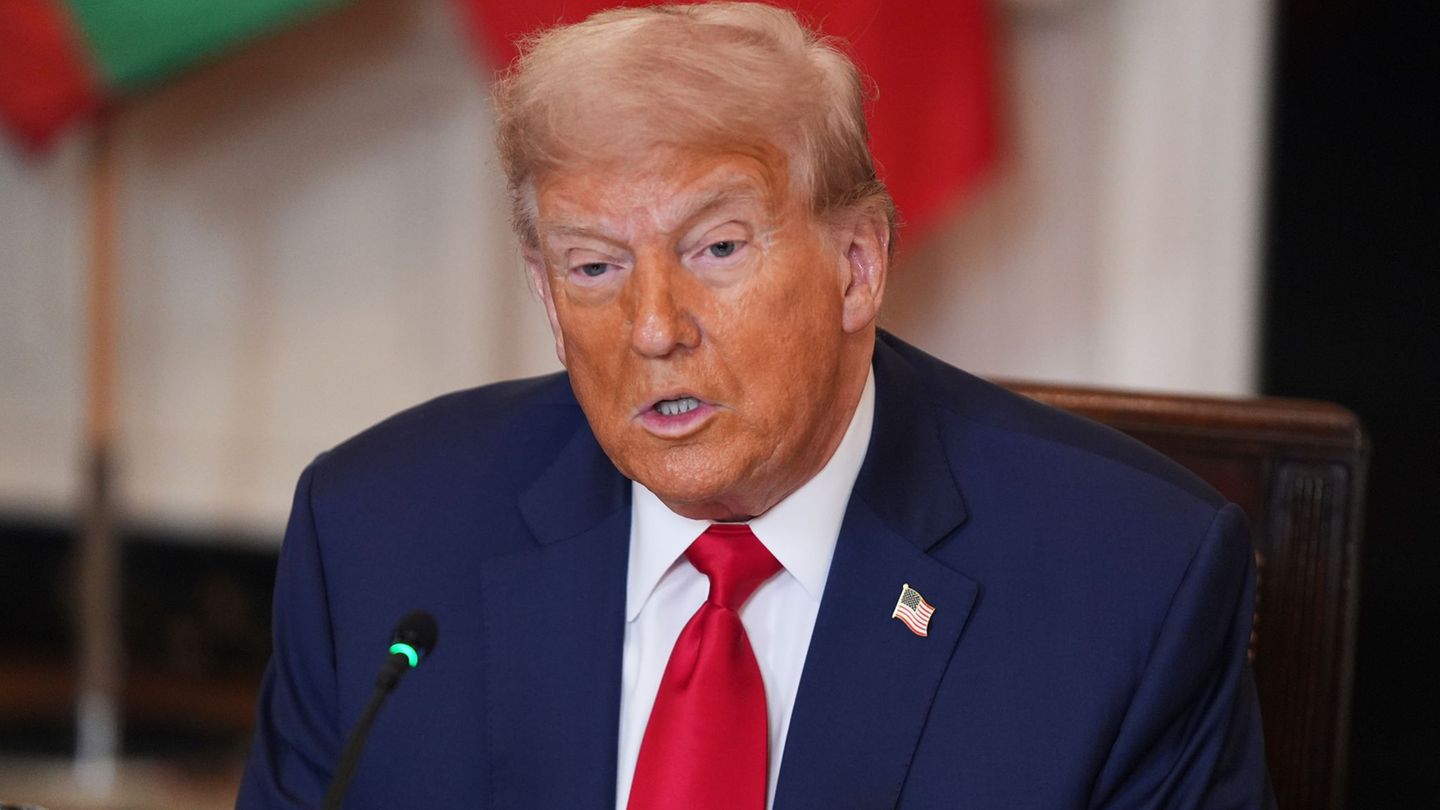It had been agreed upon for a long time – but recently FDP leader Christian Lindner saw economic dynamics at risk. Now the Collective Bargaining Act is on the way. What awaits employees and companies?
In the future, the federal government will have to make compliance with collective bargaining standards a condition when awarding contracts. According to information from the German Press Agency, the draft of a corresponding collective bargaining law has been sent by the Federal Ministry of Labor to the federal states and relevant associations. Most recently, the FDP-led Federal Ministry of Finance blocked the start of the so-called association hearing. A spokesman for Labor Minister Hubertus Heil (SPD) had to admit in mid-September that discussions within the government were still ongoing.
What is the history of the law?
It became concrete as early as 2021. At that time, the SPD, FDP and Greens wrote in their coalition agreement: “In order to strengthen collective bargaining, the federal government’s public procurement will be tied to compliance with a representative collective agreement for the respective industry, with the award being based on a simple, unbureaucratic declaration. ”
What is the motive behind the law?
The declining collective bargaining agreement should be strengthened again. On average, collective agreements bring employees more money and better working conditions. In 1998, 76 percent of employees in the old federal states were still covered by a collective agreement. According to the Federal Statistical Office, by last year the reach of collective agreements in the West had fallen by 25 percentage points – to 51 percent. In 1998, 63 percent of employees in East Germany were covered by industry or company collective agreements.
By 2023, this share will have fallen by 19 points to 44 percent. “The fact that companies not bound by collective agreements have generally had a competitive advantage over companies bound by collective agreements when awarding public contracts and concessions has also contributed to this,” says the draft law that has now been introduced. Because without a collective agreement, personnel costs are lower: companies can make favorable offers.
Why was there a dispute about the law?
It was stuck in the traffic lights. In September, Christian Lindner (FDP) finance ministry circles said that given the challenging economic situation, it was crucial for the ministry to facilitate dynamism and not increase bureaucratic hurdles. A bill presented by Heil’s ministry would not do justice to these goals. Only a draft agreed upon by the government will be presented to the states and associations for consultation.
It wasn’t the first time that employers had called for the entire project to be stopped – their argument was that the government wanted to replace collective bargaining autonomy with “compulsory collective bargaining”. After the SPD’s electoral defeats in the state elections in Saxony and Thuringia, SPD parliamentary group leader Rolf Mützenich rated the Tariff Compliance Act as one of the most important traffic light projects in the next few months. Finally, on the 75th founding day of the German Trade Union Confederation (DGB) almost ten days ago, Chancellor Olaf Scholz (SPD) promised: “This improvement is coming.”
What does the law say and what is the point?
The draft law presented to the dpa now states: “Companies should in future have to grant their employees collectively agreed working conditions when they carry out public contracts and concessions from the federal government.” This limits predatory competition through wage and personnel costs. Specifically, labor minister Heil argues that collective agreements bring employees higher wages than the minimum wage. “On average, the hourly wage for standard wages is 4.50 euros better,” says Heil. That’s 700.50 euros more per month for full-time jobs. The state has a role model function.
Does the draft law provide for further points?
Yes. Online works council elections should be tested. Works council elections should be adapted to the age of digitalization: “As part of the testing of online works council elections, the possibility should be created in the regular works council elections taking place between March 1st and May 31st, 2026 in companies where a works council already exists, Alternatively, you can also cast your vote electronically.”
Why should there be a new official offense?
More protection for employees is planned when setting up a works council. The works council activity itself should also be better protected. In the future, crimes against works constitution bodies and their members should no longer only be prosecuted upon request (request offense) – but rather as official offenses ex officio. In the future, this should make it easier to take action against companies that boycott works council work. In the case of an official offense, the public prosecutor’s office must initiate an investigation on its own initiative as soon as it learns of a possible offense – in this case an obstruction to democratic participation. To date, the obstruction of company co-determination has only been pursued upon request.
What steps are already in place to increase collective bargaining coverage?
In 2014, the Collective Bargaining Autonomy Strengthening Act came into force. At that time, it was made easier for the government to declare collective agreements generally binding. This means that the collective agreement is also binding for employers and employees who are not already bound by collective agreements as members of the associations or unions that concluded the collective agreement. The Ministry of Labor can also use the Posting of Workers Act to order the provisions of a collective agreement for all employers and employees within the scope of the collective agreement.
Destatis on collective bargaining
Source: Stern




